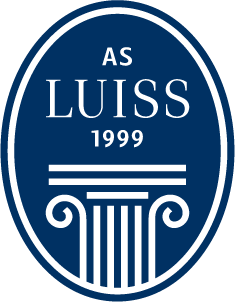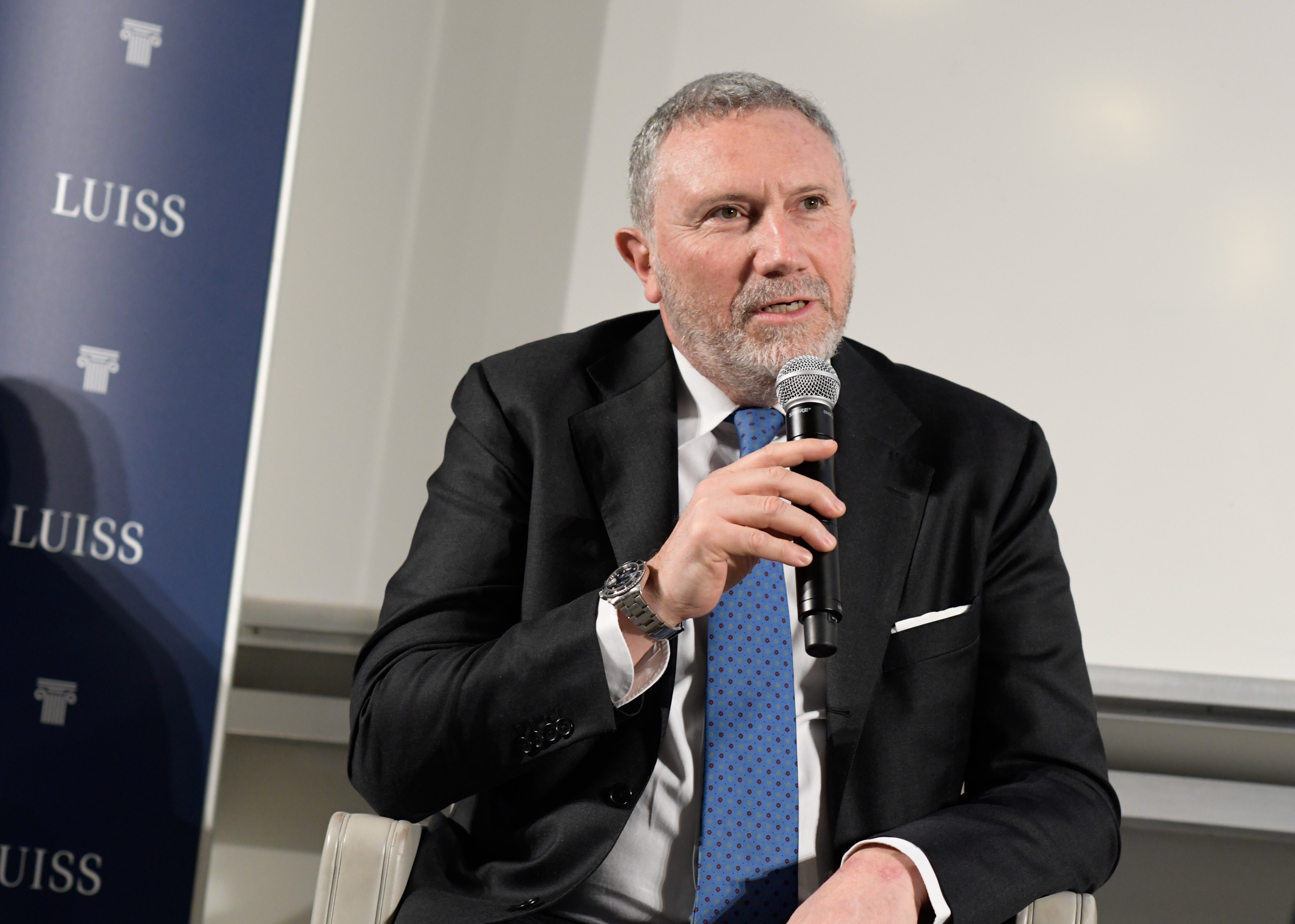Paolo Del Bene, a life for sport: “He taught me a lot, I’ll do the same with our students”.
First player, then coach and finally manager: Paolo Del Bene’s career has seen him change roles and duties. One thing, however, has remained constant and is the love for sport, a feeling that has always animated the current Director of AS Luiss. His words exude passion and the latter feeds a vision: to make the practice of sport a crucial element of the academic training project. A design destined to come true, thanks to his enthusiasm and the support he received from university leaders.
Director, this interview is intended to be a journey through the present, past and future of AS Luiss. In chronological order, what were the key moments in the history of polisportiva?
The first key moment was when, in January 1998, we presented the project to Luiss and met the then President of the University Luigi Abete. We started with a basketball team, which officially joined the FederBasket in 1999. It was the first of the then Luiss Sports Club. Then women’s volleyball and football were born, up to the twelve sports and the sixteen current competitive sports groups. The second moment to emphasize is the birth of the Luiss Sport Academy: in 2016 we developed the broader vision that had animated us 20 years earlier. We were able to be pioneers then and still are today, treating the sport within the University on the model of American and Anglo-Saxon colleges. We believe in its value in educational activity: it will teach our students a lot.
With regard to the present, however, tell us how the Luiss Sports Lab project evolves and what events will involve the athletes of AS Luiss in China?
The Sport Lab is an innovative and stimulating project that gives us great satisfaction. We are aligning the morpho-functional tests, we have the participation of large companies such as Oracle, Captiks and especially Microgate, which operate in the technology and sports sector. About the China experience, on 30 March in Beijing the B League Basketball team will play a friendly match. In addition, there will be tennis matches, single and mixed doubles. This collaboration developed and we immediately seized the opportunity.
Looking to the future, Tokyo 2020 will start in a year. Several Top Athletes will participate in the event: how exciting is it for you to think that so many of our students will compete for an Olympic medal?
A deep emotion, the same that you feel when you win an important trophy. Our “trophy” was the Luiss Sport Academy project, launched by Professor Pessi and endorsed by President Abete, General Manager Lo Storto, Executive Vice President Serra, University manager Prencipe and Vice President Severino. When managing such projects, the unconditional support of the top management is critical. It gives us great satisfaction to have involved 28 Top Athletes and to know that at least 10 of our student athletes are earning the wild card for Tokyo 2020. But we must also think about what other important universities have done. It is true that we have centuries of disadvantage, but Oxford over the years has collected 167 Olympic medals. This says a lot about the results that Dual Career has achieved in Europe, but also in the United States with the NCAA. We have been forerunners in Italy.
Director, now a more personal question: what does sport represent for you?
Sport represents value, pride, belonging and above all a modus vivendi that allows you to reach your goal without feeling the fatigue. I’m trying to convey all this to our collaborators, as well as to the top Luiss. I have to say that there is no need because the people I mentioned earlier – starting with the executive vice-president who is a great tennis player – are in love with sport. By helping and supporting each other, we can get some great satisfaction, not only in terms of victories and medals but in giving value to the physical and mental well-being. With the Lab we see the great participation of those who did not practice sport and, thanks to our courses and events, understands how the movement allows you to do good to your body.
You have been a player, coach, manager. What are the lessons that sport has taught you in the different roles that you have held? Is there any anecdote that comes to mind and that you want to tell?
Sport has given me so much. I must be grateful to Professor Naismith, who invented basketball at Springfield at the end of the 19th century. My sporting life began when Paolo di Fonzo took me away from the boyscout course to have me coach with Banco di Roma. In my career as a player, the great basketball players I met were important: Larry Wrigth, Phil Hicks, Kim Hughes. Also Bob Morse, my great friend


